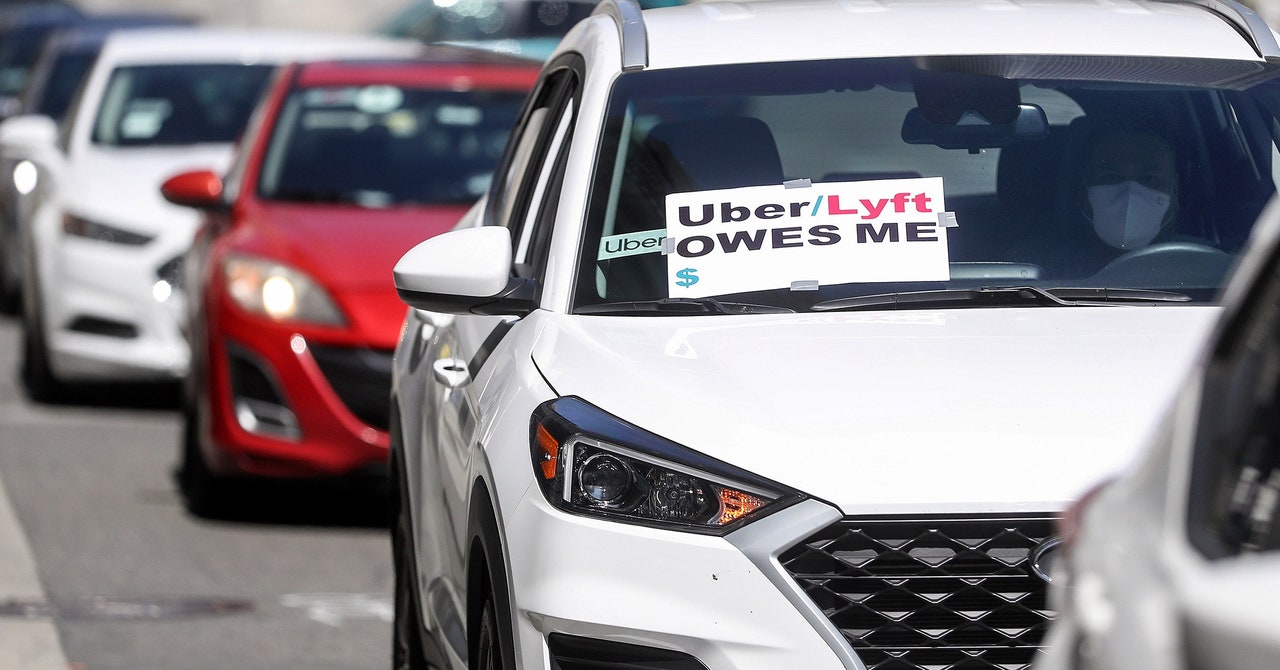In order to compete with well-funded private platforms, active intervention by the government and municipality is essential for platform cooperatives. This could be through procurement policies that give platform co-ops preferential treatment over private companies, by researching how laws should adapt to shifts in digital technology, and by designating public spaces to be used as platform co-op hubs. Examples of this are already there: the Kerala government has pledged to help set up 4,000 platform cooperatives over the next five years, and in 2016 the Barcelona City Council launched Decidim, an open source platform that enables citizens to participate in democratic decisions, including setting up a platform for cooperatives.
“The key is a combination of robust regulation at the municipal level, plus a gradual expansion of co-ops,” says Schor. “One possibility is council-owned co-ops big enough to compete with the private platforms — I’d like to see a few cities try this.”
The city of Bologna, Italy, has supported cooperatives and workers’ rights for decades, and now its municipal institutions act as breeding grounds and facilitators for ethical alternatives to the gig economy and its digital infrastructure. One is the food delivery cooperative Consegne Etiche (Ethical Supplies), co-planned by urban planners, local shopkeepers, academics and union representatives at the start of Bologna’s Covid-19 lockdown.
Consegne Etiche started by delivering antiviral masks to residents’ homes, then expanded to other supplies for those unable to leave the house. Riders always get a flat rate of $9 per hour. It now also supplies books to people who cannot go to the library, for which it receives 15,000 euros (about $15,600) annually in European funding, and to people living in economically and socially vulnerable areas of Bologna, for which it receives an additional 15,000 euros per year. year.
But government-sponsored co-ops are also emerging elsewhere. To help drivers cope with rising fuel prices, the mayor of the Brazilian city of Araraquara helped set up the co-op Coomappa, which partnered with a traditional software company to build a ride-hailing platform. Fares start from R$2.50 (about 50 cents), and it pays drivers 95 percent of the revenue, meaning they earn 40 percent more than on other platforms. Without high prices and low cancellation rates, it is also popular with passengers.
Even with the right funding, it is not easy to find team members with the expertise to build the cooperative models and develop the digital tools. “Most people who learn how to build a business build it for their own wealth, not to pursue social change and increase community wealth,” says Forman. The Drivers Cooperative will be calling on volunteers over the coming months, especially Big Tech employees, who can donate their time and knowledge to help them grow. It plans to roll out a three-month fellowship, hoping to attract highly skilled technical workers who are in between high-paying jobs. They would earn a monthly stipend to learn more about the platform collaboration model in exchange for refining the app and imparting wisdom on the inner workings of a larger, traditional tech company.
As these projects grow, it won’t be possible to apply the same success metrics as a Silicon Valley gig economy startup. Rather than the number of downloads, the value of the funding round or the profit, the focus is on whether it is achieving its social and environmental goals and serving its member employees. “We don’t have the constant flow of travel like Uber or Lyft, but we did an hourly wage trial, and the next step is benefits like paid time off,” Forman says. “Refinancing a driver’s car purchases means that one of our members went from $1,500 to $500 a month and can finally go on vacation, while another is married, because he’s no longer working all the time. .”

